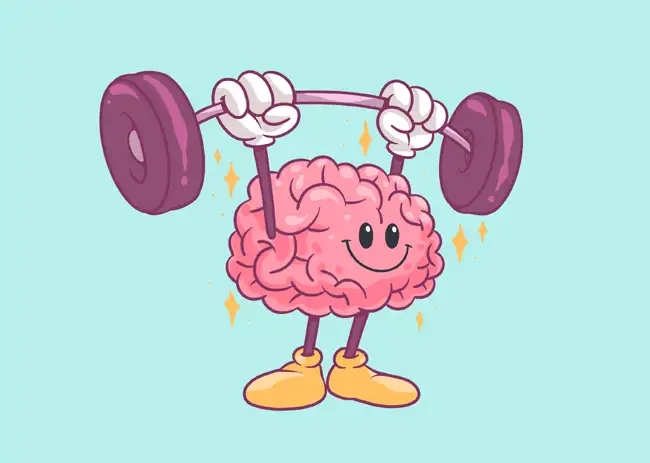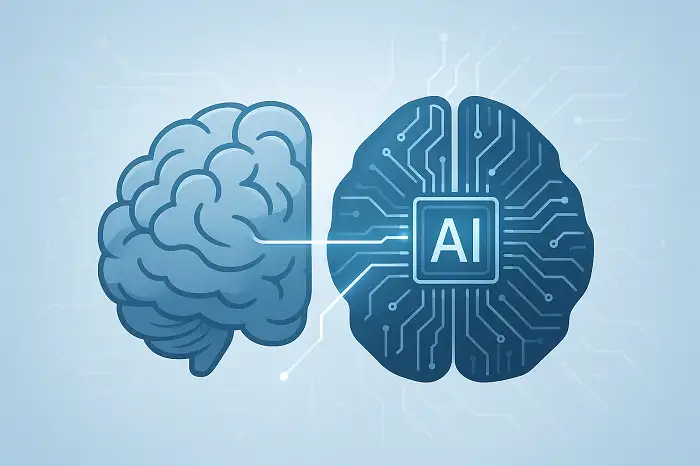IELTS Listening Practice Evolving Brain IELTS Listening Practice Evolving Brain About this activity This activity is labeled round table by Dr. Hariri, the creator and administrator of LELB Society. This activity is on the premise of Flipped Learning, according to which the students watch a video before the class, carry out research into the selected theme, and prepare themselves for an informed discussion in the class. This activity is on the basis of both synchronous and asynchronous computer-mediated communication (CMC), according to which the students are also encouraged to be active even before the class. In this flipped classroom activity, the students are encouraged to utilize the comment form at the bottom of the post to to exchange their questions, findings, and experiences with each ...
Home » Listening Practice in English » IELTS Listening Practice Evolving Brain

IELTS Listening Practice Evolving Brain
Updated: by Dr. Mohammad Hossein Hariri Asl
Time to Read: 4 minutes | 307 Views | 10 Comments on IELTS Listening Practice Evolving Brain
Share This Post
About the Author
Dr. Mohammad Hossein Hariri Asl is an English and Persian instructor, educator, researcher, inventor, published author, blogger, SEO expert, website developer, entrepreneur, and the creator of LELB Society. He's got a PhD in TEFL (Teaching English as a Foreign Language).
Number of Posts: 4242



6. Why are neurons not that efficient at all?
That’s a good question! In fact, neurons could be ineffective in isolation. Yet, the interactivity of neurons through synopses is their marked strength or feat.
5. Why are humans, unlike 90% of other mammalian species, not promiscuous?
4. Why is the rate of death during childbirth among humans measurably higher compared to animals?
3. Is a single parent family suitable for raising children? Why?
This question actually depends on various factors. I personally know some single parents who have raised highly successful children, and even vice versa.
2. Which one has a longer childhood – animals or humans?
As a matter of fact, childhood in humans tends to be more prolonged compared to animals because animals need to reach independency and autonomy in a shorter period of time in comparison to humans.
1. Why are people clever, though neurons are crummy in people’s brain?
A simple recommendation:
…, though the neurons in their brains are crummy.
It’s better not to repeat the word “people” again.